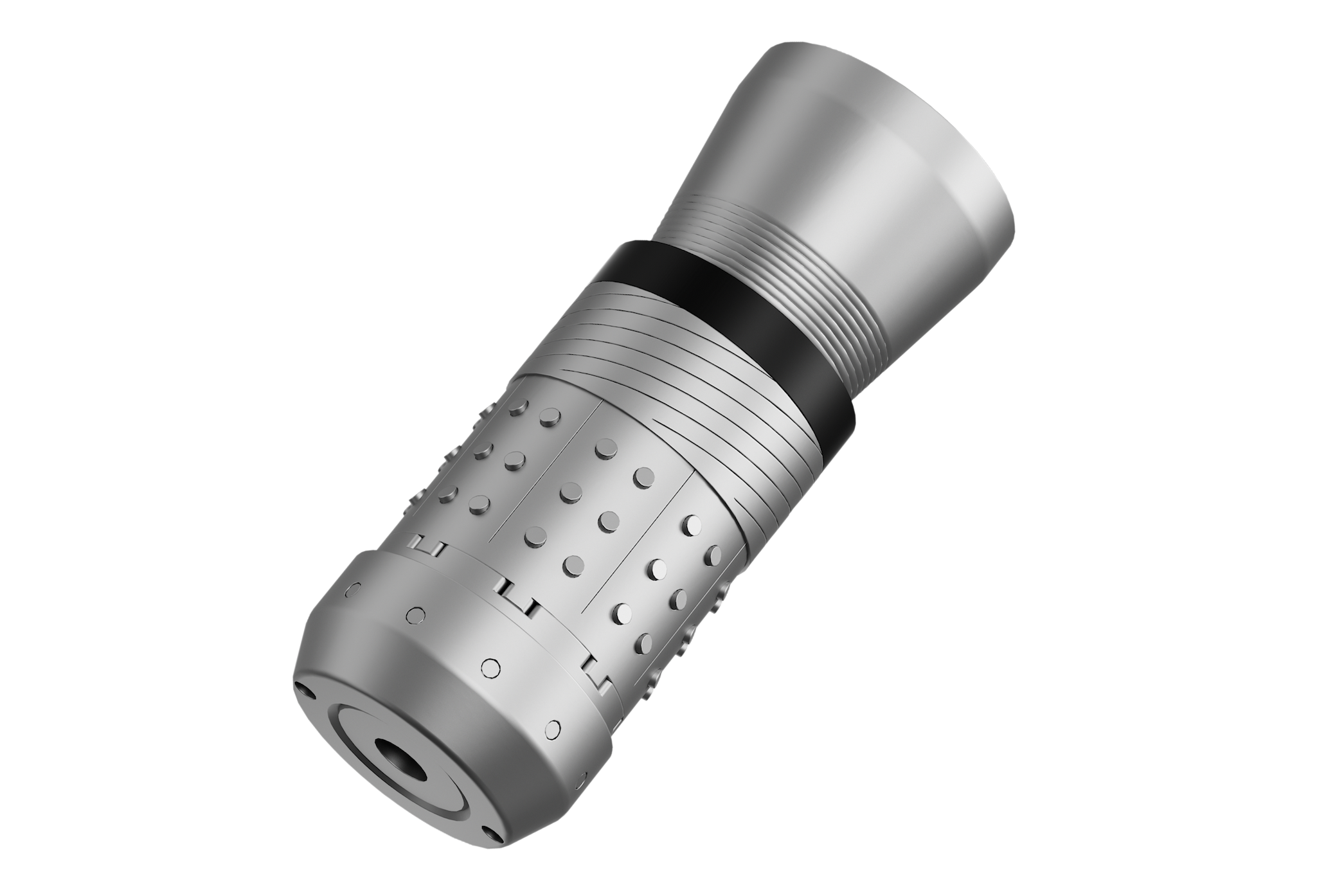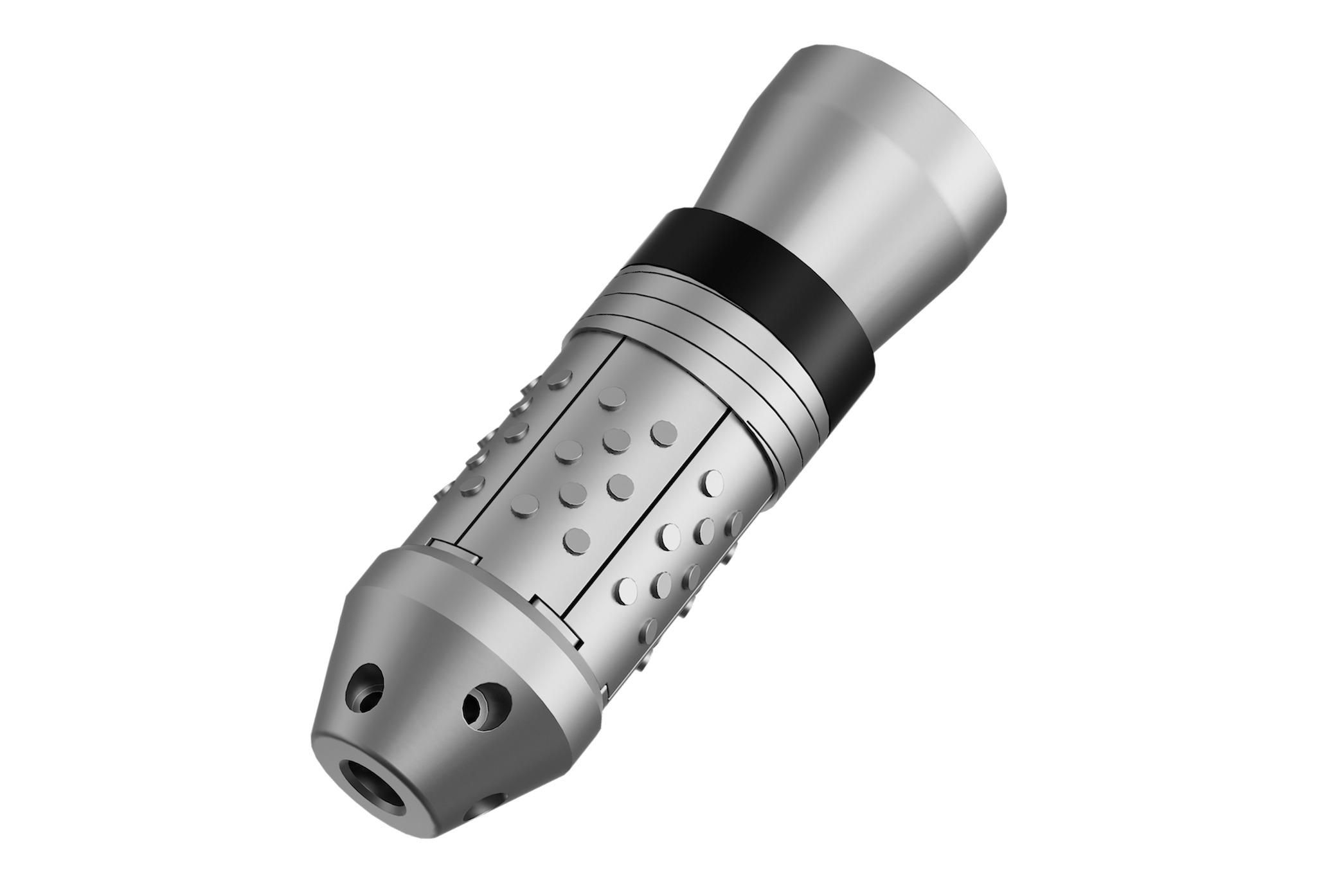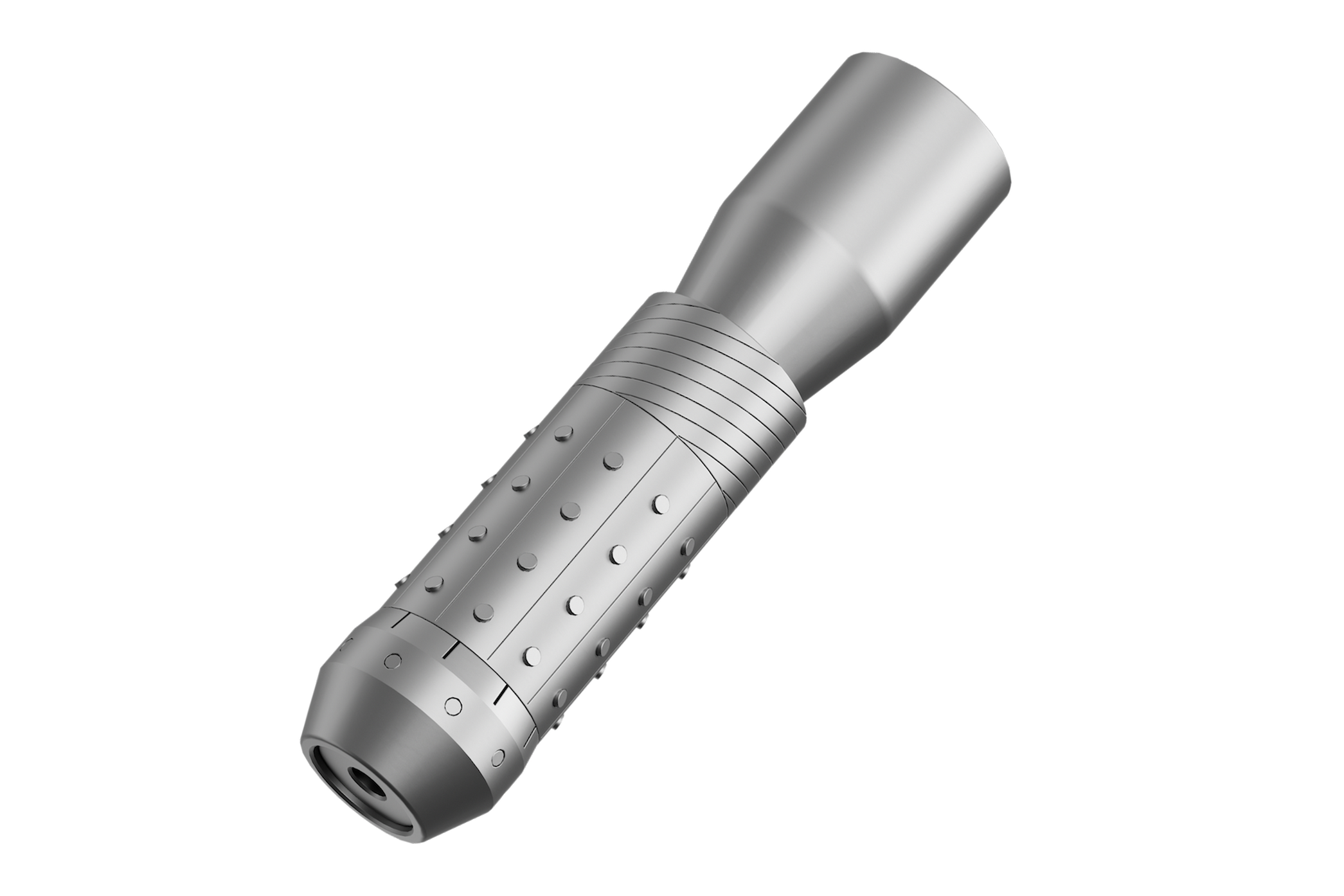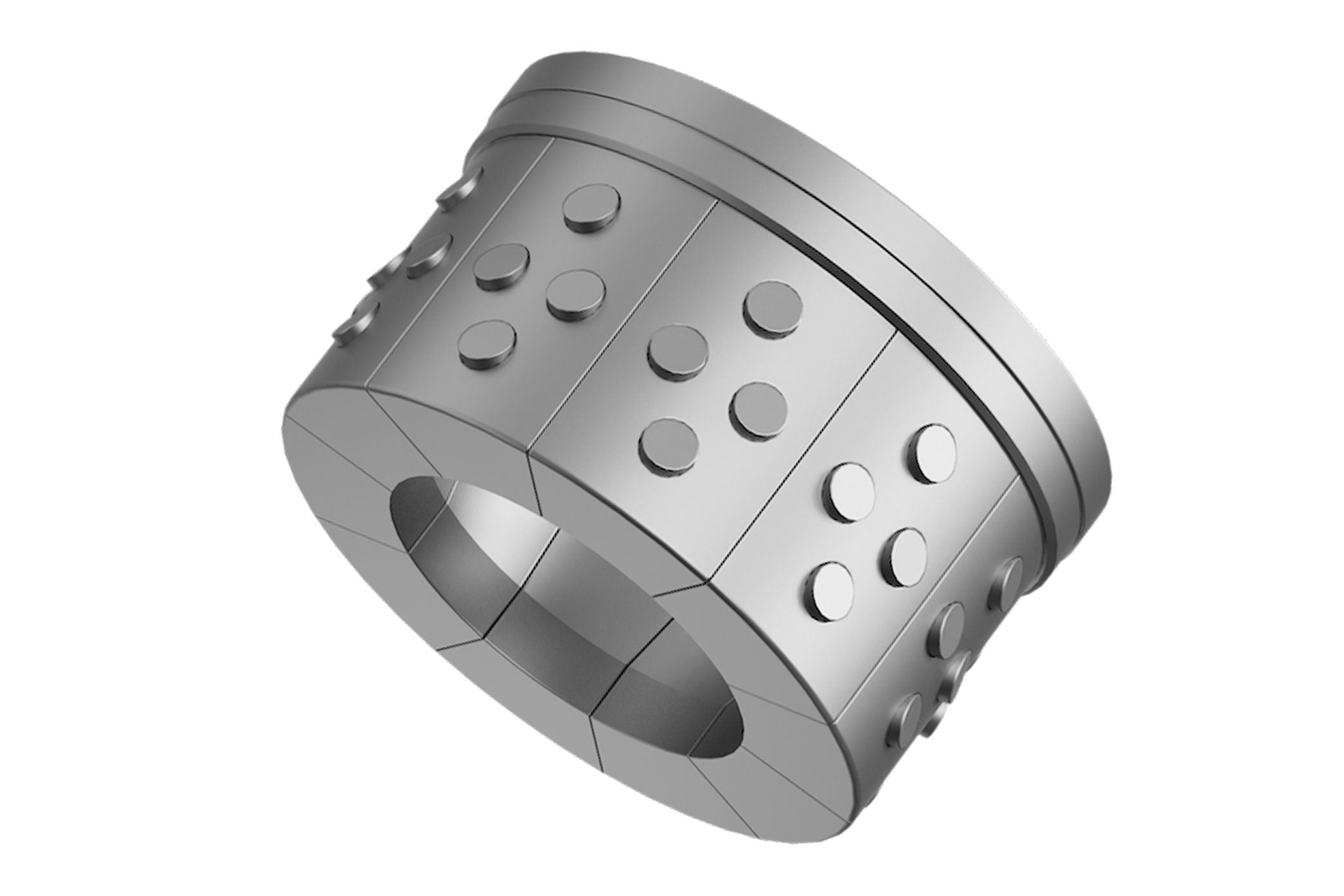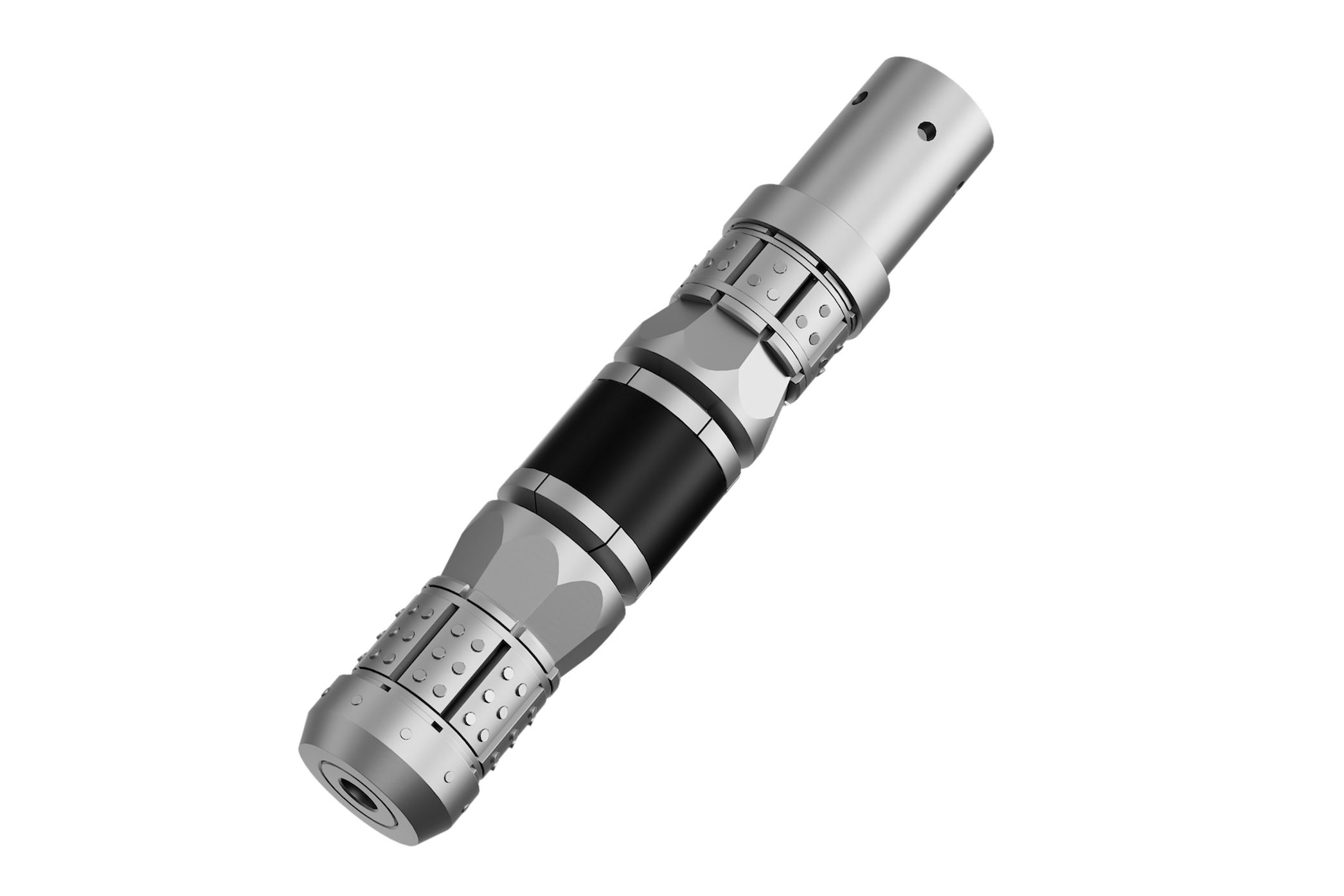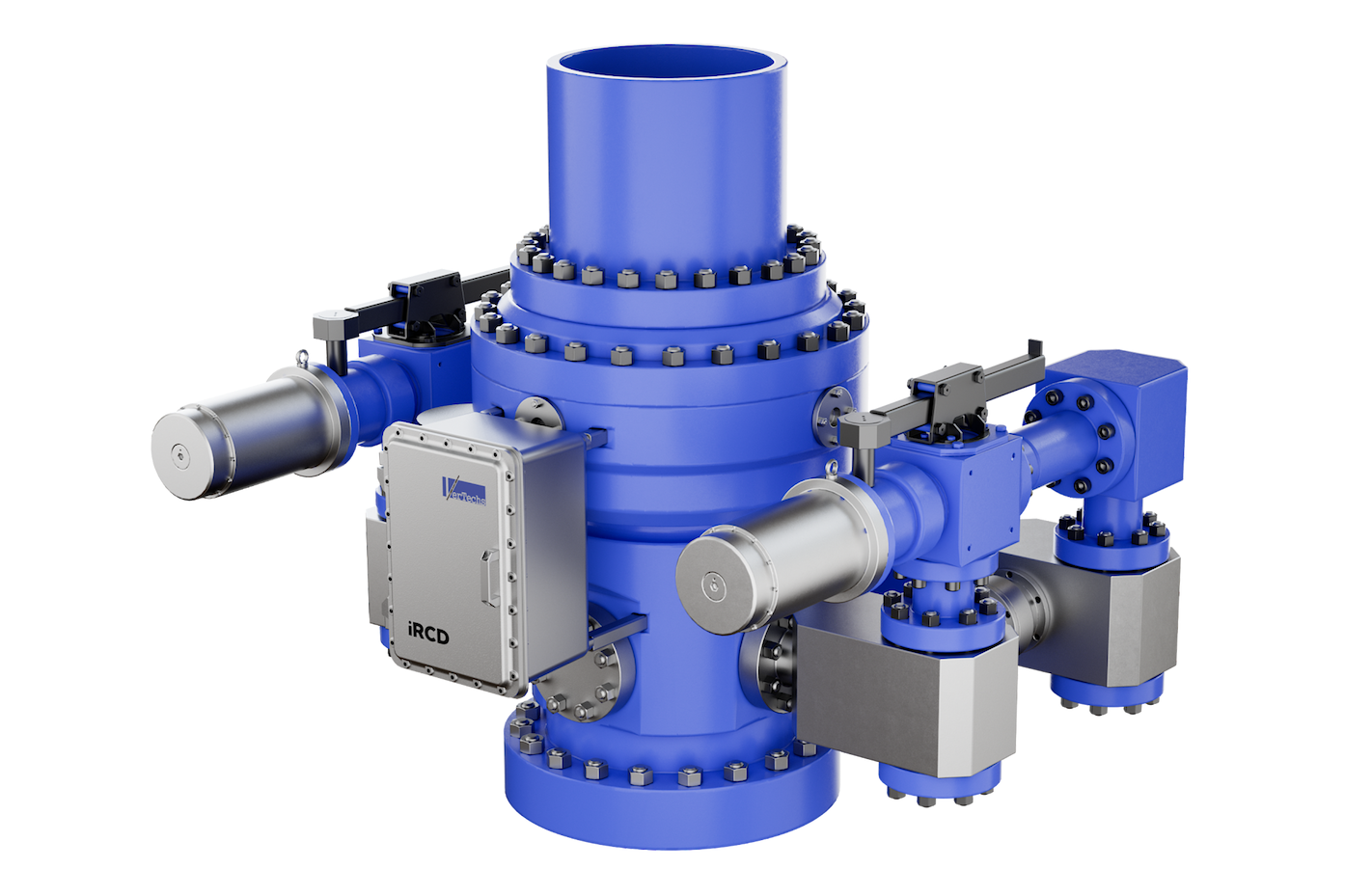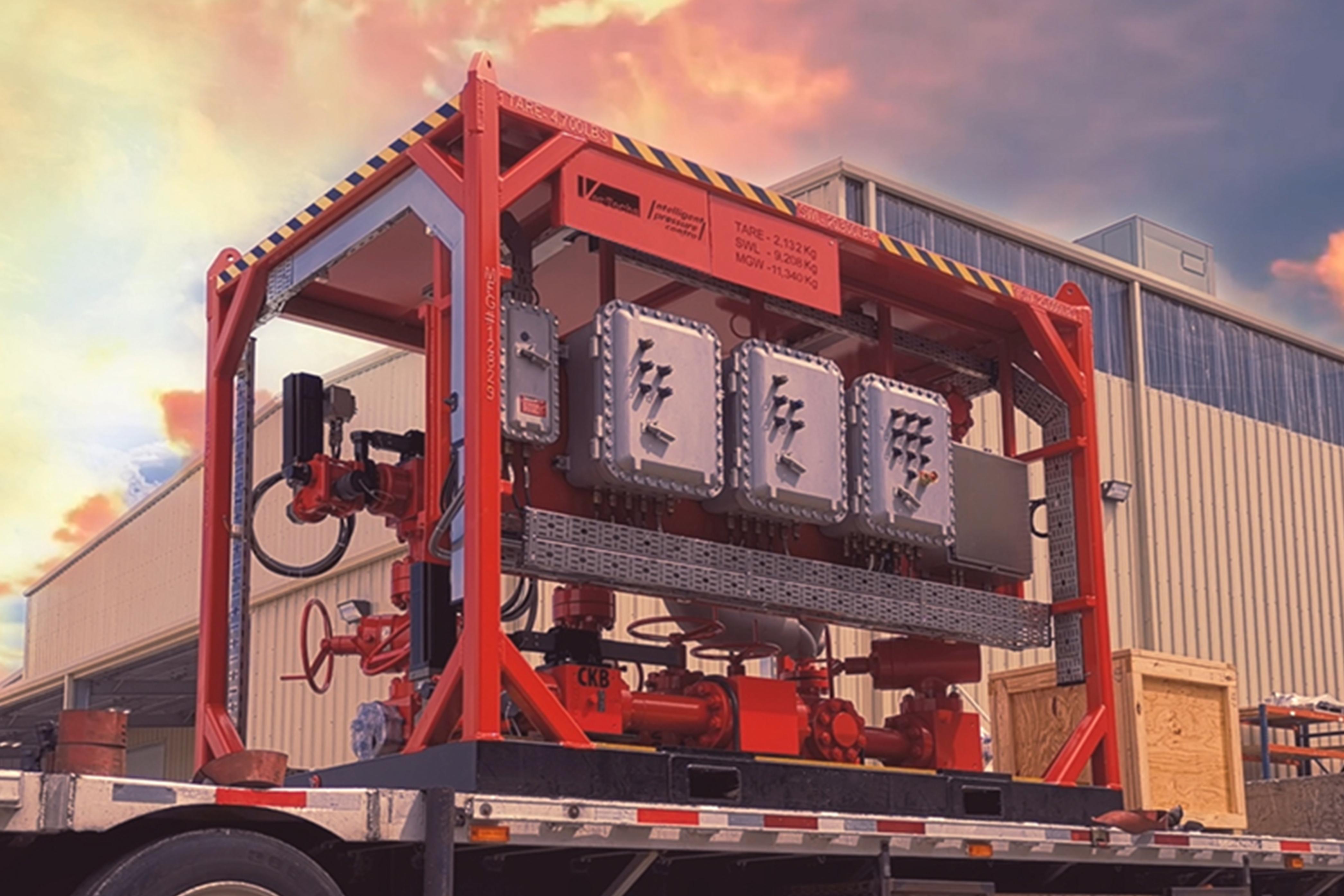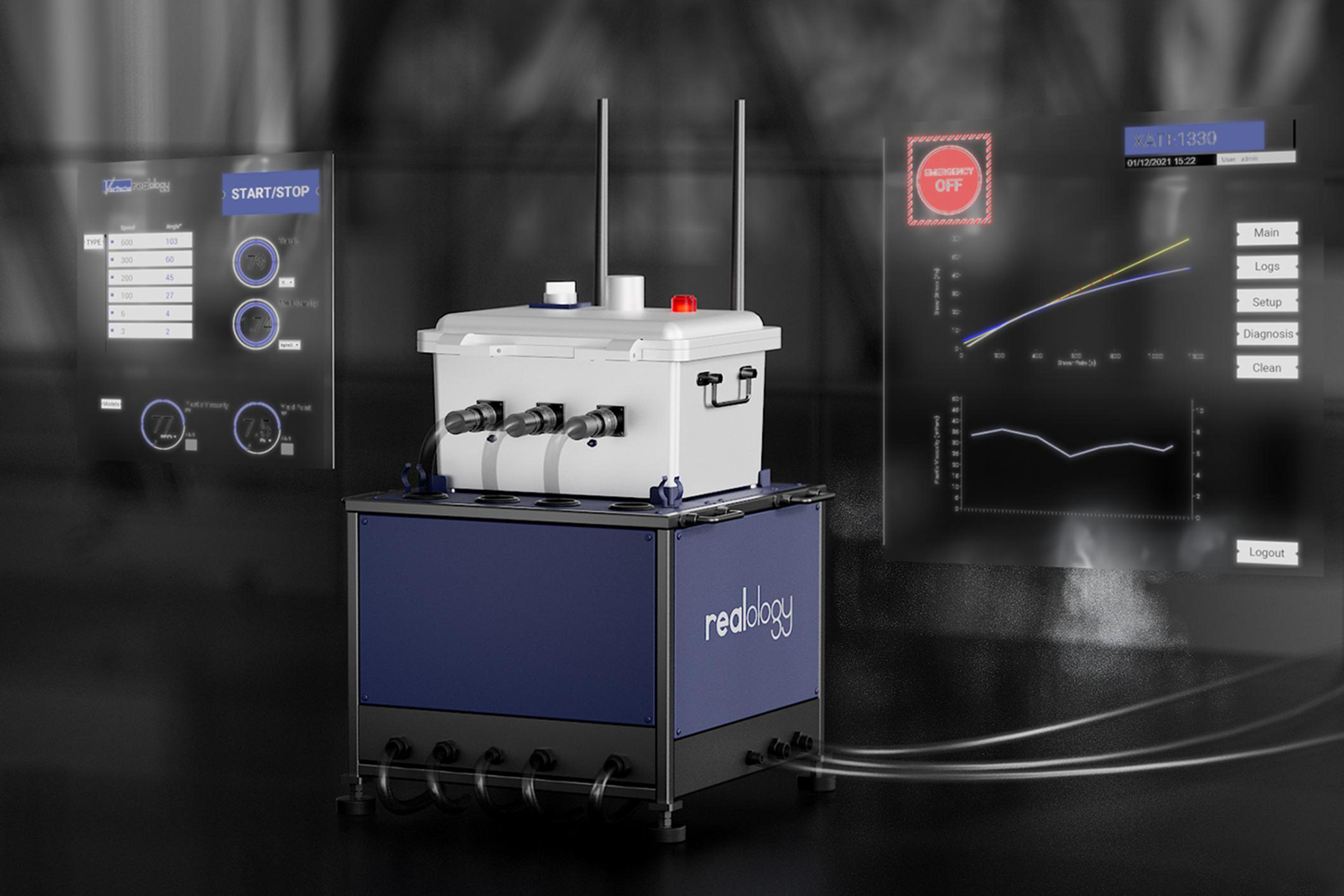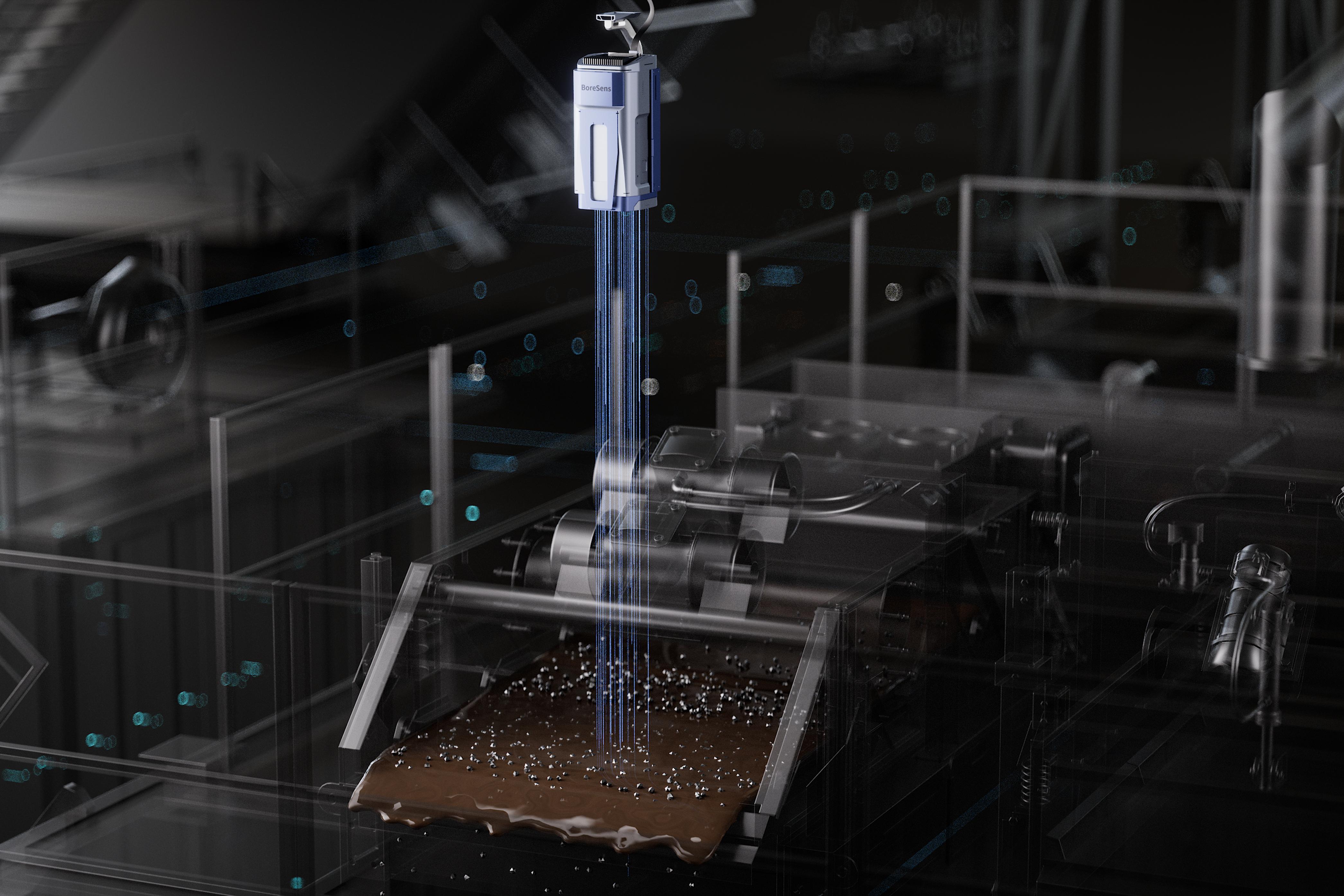Frac Plugs vs. Dissolvable Frac Plugs: Which is Right for Your Drilling Project? - Test
2024-10-10

When starting a drilling project, choosing the right tools is crucial. Frac plugs and dissolvable frac plugs are both used in hydraulic fracturing. However, each has its strengths and weaknesses. Deciding between them depends on your project’s needs.
Take a look at the key differences between the two options and see which might be best for you!
What Are Frac Plugs?
Frac plugs are mechanical barriers used in wells during the fracking process. They isolate zones within the wellbore to control pressure. Traditional frac plugs are made of composite or metal materials. Once their purpose is served, these plugs must be drilled out. This adds time and cost to the project.
Pros
● Durable and reliable in tough conditions
● Effective in multi-stage fracking
● Widely used in different formations
Cons
● Requires drilling out after use
● Adds additional time and cost to the project
● Can cause wear on drilling equipment
What Are Dissolvable Frac Plugs?
Dissolvable frac plugs are new technology. They can do the same job traditional plugs do but after doing their task, they dissolve on their own when the required operation is performed, and there is no need to drill out again. In this way, they are made of materials that decompose over time in the conditions prevailing in the wells.
Pros
● Drill-out process not needed
● Reduces the overall project time and costs
● Risk of damaging equipment minimized
● Suitable for wells with MPD drilling
Cons
● Might not dissolve completely in certain well conditions
● High initial cost compared to the conventional plugs
● Less experience under extreme environment
Key Differences
The most basic difference between these two is the post-fracture process. Traditional plugs need to be drilled into, but dissolvable ones eliminate that step. Of course, time is saved, but there are trade-offs involved. In some conditions, dissolvable plugs don't work too well. Their performance can vary based on temperature, pressure, and fluid composition.
Which Is Right for You?
For a decision, consider the following:
Project Timeline
If your motive is the reduction of time, then dissolvable plugs are a better option. They cut down on the drill-out phase and might just save days or even weeks.
Cost
Dissolvable plugs cost more to install conventionally. They might save overall due to the lack of downtime and wear on machinery.
Well Conditions
Traditional plugs may be more reliable in extremely pressured or temperature wells. Dissolvable plugs do sometimes fail in unpredictable conditions.
Operational Risks
Managed Pressure Drilling Challenges can be tough. In such a scenario, dissolvable In case of tough Managed Pressure Drilling Challenges, dissolvable plugs may offer fewer risks.They tend to minimize the chance of damaging tools during the drill-out process.
Final Words
Whether to choose a frac plug or a dissolvable frac plug solely depends on what your project needs. Traditional plugs are robust and reliable but add more steps in the process. The dissolvable ones save on time and costs but sometimes come with higher initial investment and risk. Assess your well conditions, timeline, and budget to make the best choice for your drilling project.
Vertechs, a leading international energy technology company, offers cutting-edge downhole technology solutions, including both traditional and dissolvable frac plugs. With a focus on customer value, Vertechs provides innovative products and engineering solutions to help optimize your drilling operations.
FAQs
1. Can dissolvable frac plugs fail to dissolve?
Yes, in some cases, dissolvable frac plugs may not fully dissolve due to certain well conditions like temperature or pressure.
2. Are dissolvable frac plugs more expensive than traditional plugs?
Yes, dissolvable frac plugs have a higher upfront cost, but they can save money by reducing the need for drilling out.
3. Which type of plug is better for wells with managed pressure drilling challenges?
Dissolvable frac plugs are often preferred for wells with MPD drilling due to their ability to reduce equipment wear.
Read Our One More Blog(1): How MPD Reduces Non-Productive Time and Increases Drilling Efficiency
Read Our One More Blog(2): Fortifying Reservoir Integrity: Vertechs' Innovations in Wellbore Strengthening


